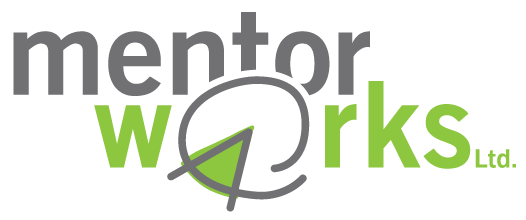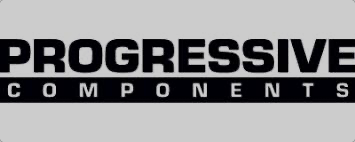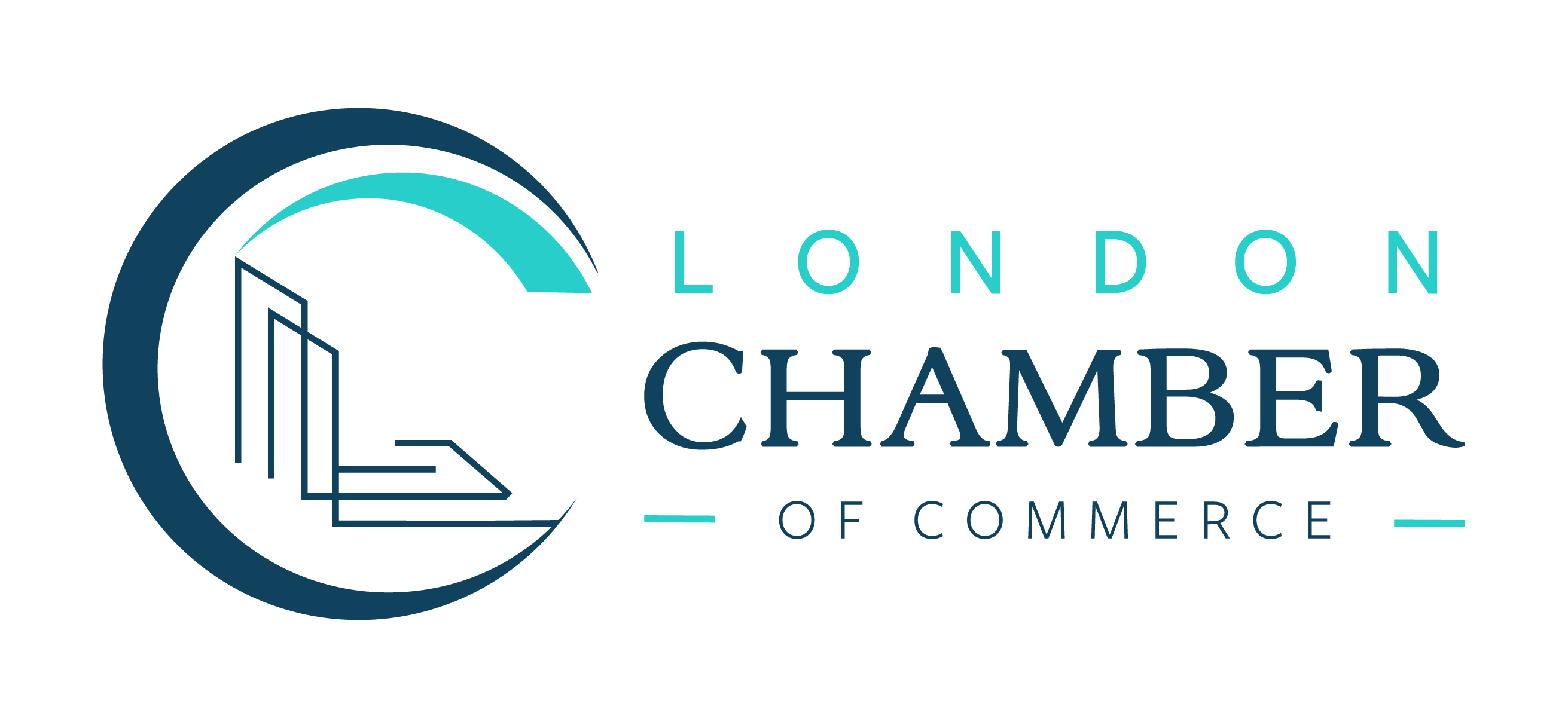From Mentor Works
The Alberta government is investing heavily in efforts to reduce the negative climate impacts that are caused by manufacturing, processing, and disposing of oil and gas-dependent products. To combat these climate implications, the Alberta government implemented the Emissions Reduction Alberta (ERA) program.
“With record profits, this is the moment for the oil and gas sector to invest in the sustainable future that will be good for business, good for communities and good for our future.”
Justin Trudeau, Prime Minister of Canada
The ERA program has committed another $50 million in government funding support for the Circular Economy Challenge. The purpose of this initiative is to stimulate new advanced technologies that will offer innovative means for lowering emissions outputs in the Alberta economy.
“Our investments help innovators develop and demonstrate GHG-reducing technologies. These technologies will lower costs, improve competitiveness and accelerate Alberta’s transformation to a low carbon economy”
Emissions Reduction Alberta (ERA)
What is ERA’s Circular Economy Challenge?
ERA’s Circular Economy Challenge aims to empower environmental, economic, and social benefits in Alberta. This will be achieved by advanced technology that focuses on improving material production, processing, and disposal outputs, which can have drastic impacts on the environment with lower-emissions products.
The ERA program believes that transitioning to a circular economy prevents valuable materials from entering landfills and leads to a responsible future that also drives investment.
Funding Amount
Eligible applicants may receive funding of up to 40% of eligible expenses to a maximum of $10 million (minimum requests of $500,000) in contribution matching for eligible projects.
Eligible Applicants
The following applicant types are eligible to apply for the Circular Economy Challenge:
- Innovators looking to complete a product;
- Developers that have a technology for prototype;
- Indigenous communities;
- Industrial facility owners, operators, or associations;
- Small and medium-sized enterprise (SMEs);
- Research and development organizations, universities, or municipalities;
- Not-for-profit organizations; and
- Individuals with a concept.
Eligible Projects
Applications are being accepted for projects at the following stages: field piloting, demonstration, or first-of-its-kind commercial implementation.
For applicants to be eligible for funding, projects should fall under one of the following focus areas:
- Develop new ways to treat and upcycle wastewater, solid wastes, or produce waste-to-value-add products;
- Bring forth processes for extracting novel mineral sources and high-value materials from waste streams/products;
- Develop processes for recycling and reusing metals and minerals;
- Seek innovative solutions for agriculture/food waste reduction;
- Investigate advanced plastics recycling and circular plastics technologies;
- Investigate green materials;
- Research products that can act as feedstock substitution;
- Develop advanced manufacturing systems; or
- Investigate carbon dioxide conversion or utilization.
Other Government Funding for Cleantech Initiatives
There are many government funding opportunities available to businesses that wish to accelerate new and exciting innovations through to commercialization to assist in curbing climate change concerns. To see the top programs available, visit our Cleantech Funding Programs Directory.
Cleantech companies should also consider signing up for our government funding newsletter to keep themselves posted on all government funding program updates and success stories in the cleantech industry.






